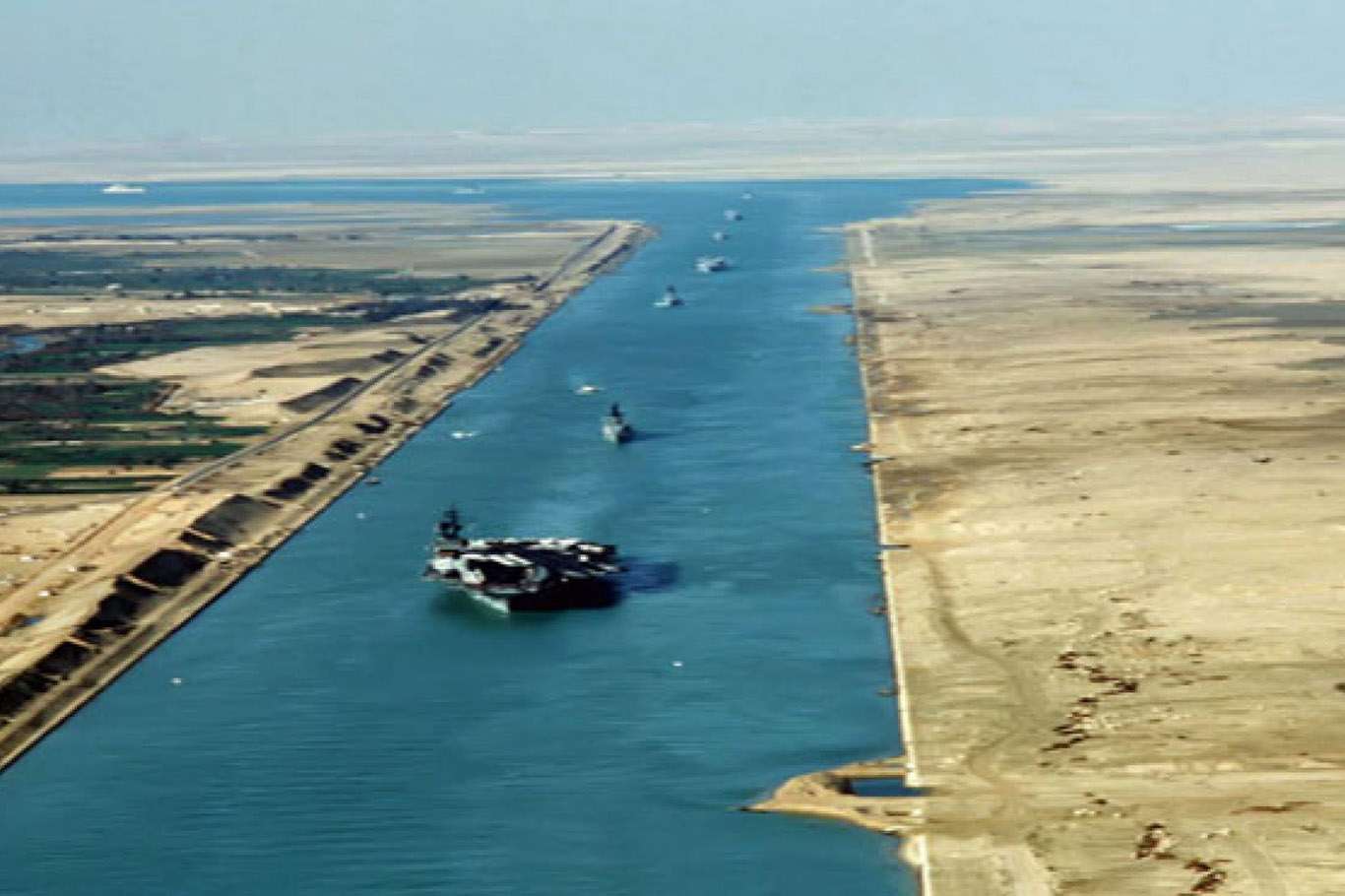Suez Canal to be widened to avoid a repeat of the Ever-Given chaos


The Suez Canal Authority has announced plans to widen and deepen the canal in an effort to avoid a repeat of the Ever-Given incident.
In March, the Ever Given, one of the longest ships in service, blocked the canal for six days, throwing world trade into chaos.
The head of the Suez Canal Authority, Lt Gen Osama Rabie, announced details of the plan in a televised ceremony in Ismailia.
Rabie said that the plan included widening the canal's southernmost stretch by about 40 meters to the east, on the side of the Sinai Peninsula, Rabie said. That segment, which has 30 kilometers long, would also be deepened to 72 feet, from the current 66 feet in depth.
The plan also includes a 10-kilometer-long extension of a second lane of the waterway that opened in 2015. Therefore, it would bring the double-lane stretch of the canal to 82 kilometers, allowing more ships to pass through the canal.
On 23 March 2021, while traveling from Tanjung Pelepas in Malaysia to Rotterdam in the Netherlands, the Ever Given ran aground in the Suez Canal. The ship remained in place for six days before salvage crews freed it on 29 March 2021.
The vessel was impounded by the Egyptian government on 13 April 2021 for refusing to pay a reported $916 million in fees demanded by the government, including $300 million in "loss of reputation."
The compensation claim was later cut down to $600 million. (ILKHA)
LEGAL WARNING: All rights of the published news, photos and videos are reserved by İlke Haber Ajansı Basın Yayın San. Trade A.Ş. Under no circumstances can all or part of the news, photos and videos be used without a written contract or subscription.
Intense firefighting efforts are ongoing across northwestern Türkiye as wildfires that erupted in Tekirdağ’s Şarköy district spread rapidly into the Gelibolu region of Çanakkale province, while a separate blaze continues to burn in Ayvacık district.
The Yemeni Armed Forces have announced a series of successful military operations targeting Israeli military and commercial interests, marking a significant escalation in Yemen’s regional response to the Israeli regime’s ongoing war on Gaza.
The United Nations Relief and Works Agency for Palestine Refugees (UNRWA) revealed that, on average, the Israeli military has been killing the equivalent of a classroom full of children every single day in Gaza since October 7, 2023.
France, Britain, and Germany—collectively known as the E3—have issued an ultimatum to Iran, threatening to reinstate crippling UN sanctions by August 29 unless Tehran complies with their demands to curb its peaceful nuclear program.